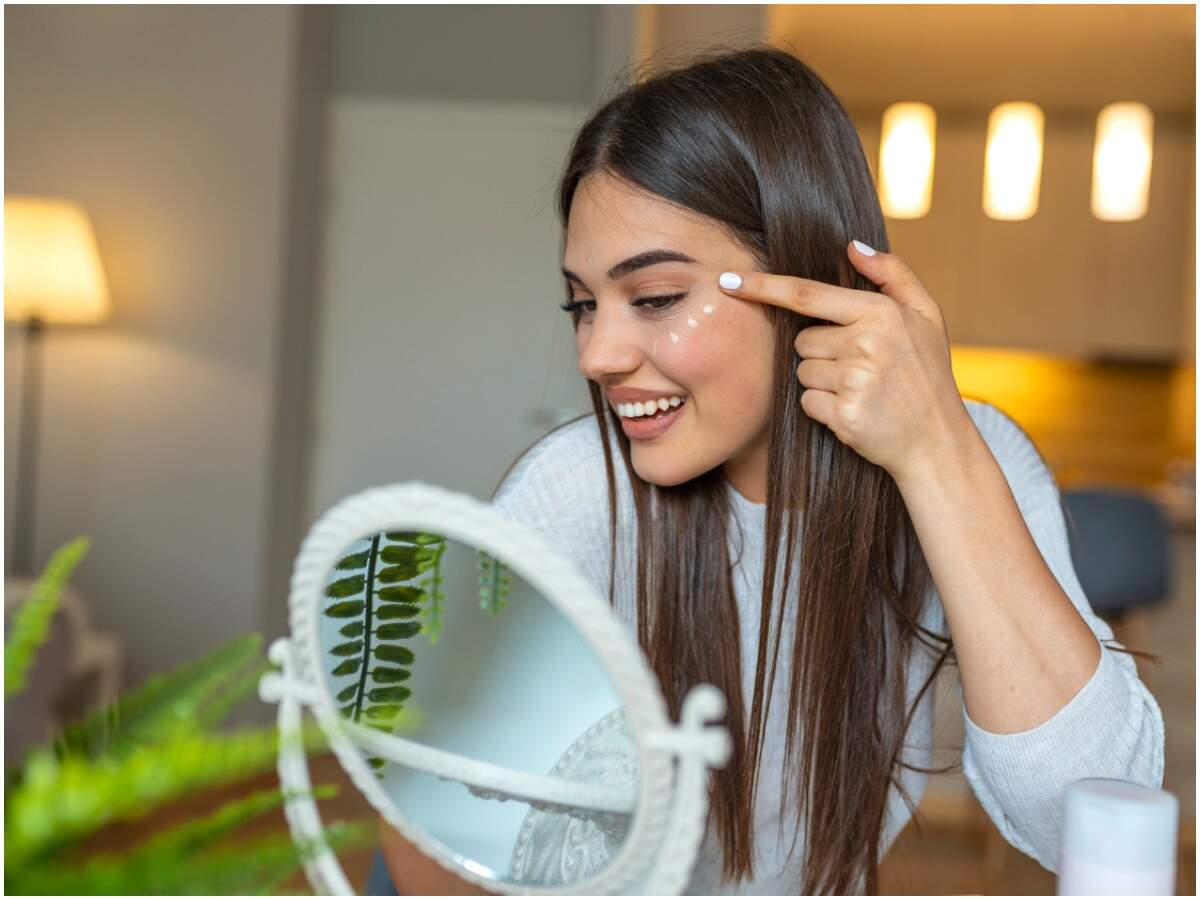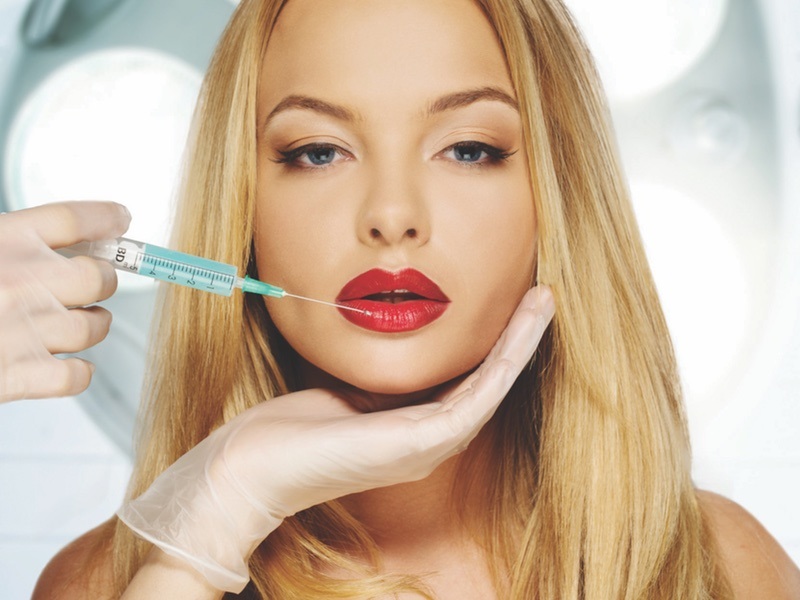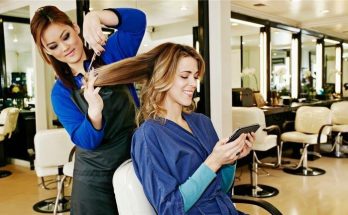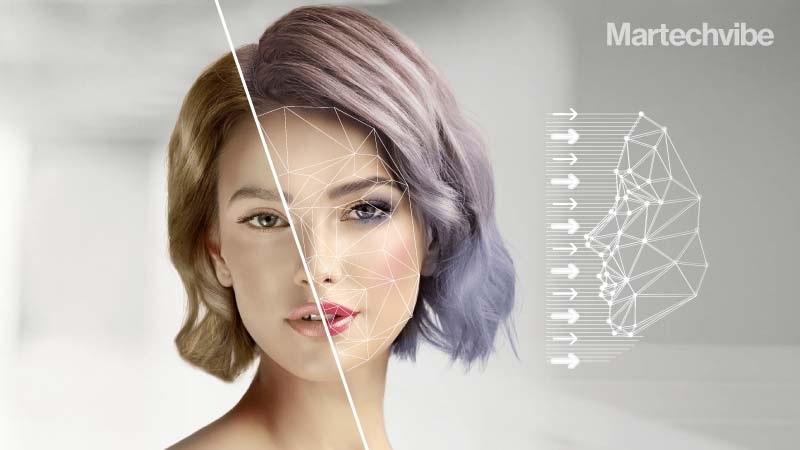The influence of social media on beauty standards and trends cannot be ignored. With over 4.2 billion active social media users worldwide, social media is changing the way people perceive beauty. From the body positivity movement to the rise of skincare influencers, social media has helped redefine beauty standards.
Body Positivity Movement
The body positivity movement has been a significant influencer of beauty standards. Social media platforms, such as Instagram, have been instrumental in driving this social movement by promoting a more inclusive definition of beauty. Plus-size models and body-positive advocates have used social media platforms to demand that the industry portray diverse body types in advertising campaigns.
This movement has challenged the traditional beauty standards that have been prevalent for decades. For the first time, people are beginning to understand that beauty comes in all shapes and sizes. The movement has helped people view themselves and others more holistically, beyond just their physical appearance.

Skincare Influencers
Social media has also given rise to skincare influencers, who promote healthy skin and holistic beauty. These influencers have amassed a large following by sharing their skincare routines, tips and advice, and skincare product reviews. They have created an entirely new beauty trend focused on achieving healthy, glowing skin.
This trend has challenged the traditional beauty industry, which has long-promoted makeup and skincare products that offer temporary fixes rather than long-term solutions. Influencers have inspired many people to adopt a more natural approach to beauty by highlighting the benefits of organic and natural skincare products.
Beauty Filters

While social media has helped promote body positivity and healthy beauty, it has also given rise to beauty filters. Beauty filters are camera filters that digitally enhance someone’s facial features. These can include smoothing out wrinkles and blemishes, enlarging the eyes or lips, and adding a subtle glow to the skin.
Though beauty filters can be fun and lighthearted, they have also been criticised for promoting unrealistic beauty standards. Many people have become addicted to the filters and use them exclusively in their photos, leading to the commodification of digital glamorization.
Social media’s impact on beauty standards and trends has been significant. It has given rise to social movements promoting inclusivity, natural and healthy beauty, and a holistic approach to self-care. Despite the potential issues with beauty filters, social media has helped redefine the traditional beauty standards, focusing on diversity and individuality. As social media continues to expand, it remains to be seen how it will influence future beauty trends.




